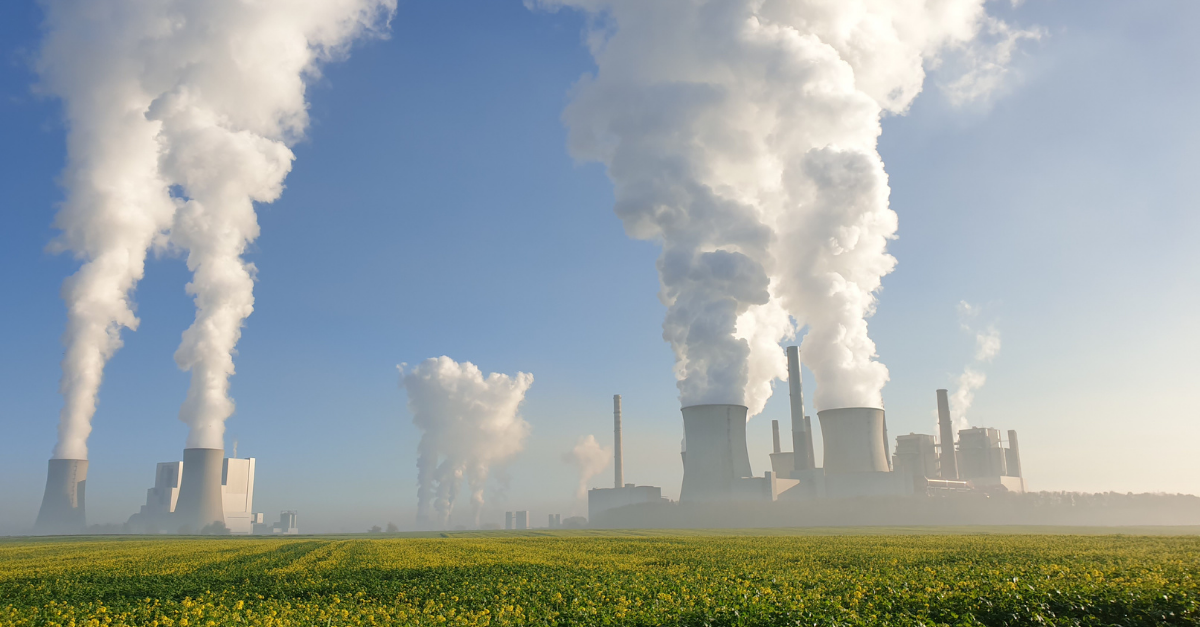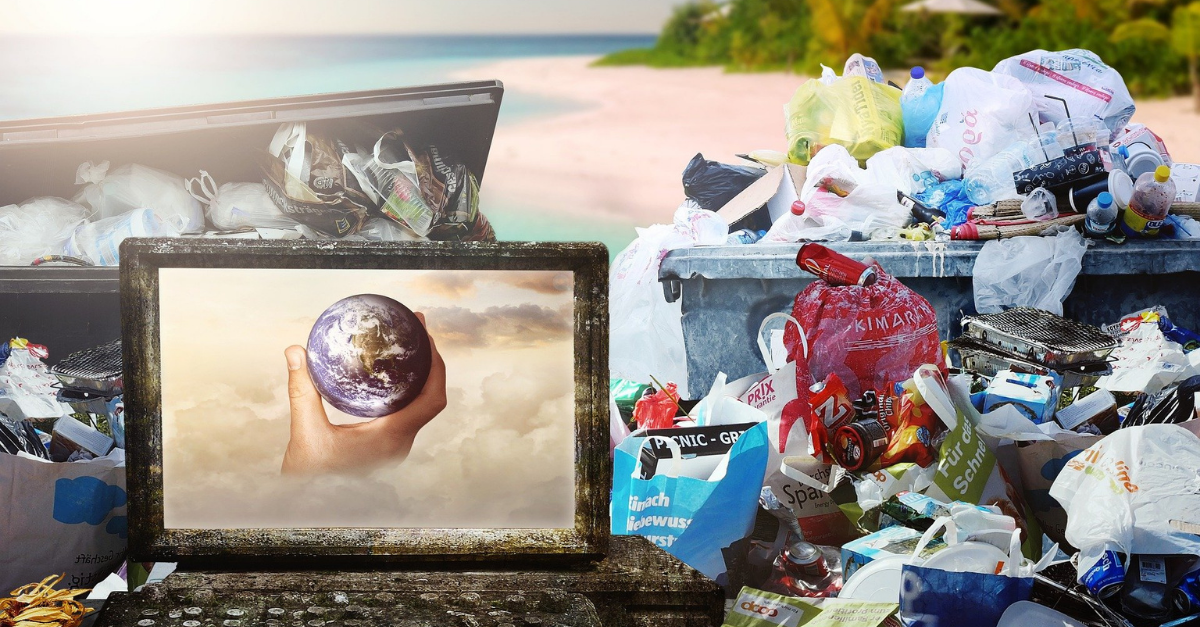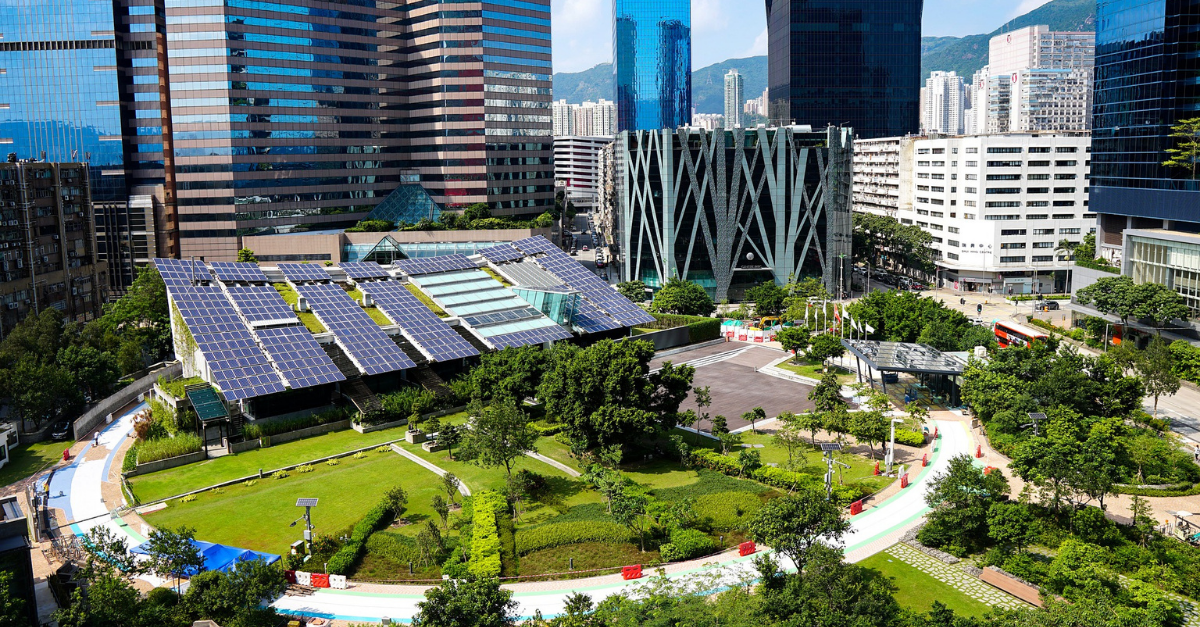We use cookies to make your experience better. To comply with the new e-Privacy directive, we need to ask for your consent to set the cookies. Learn more.
What is Carbon Neutral?

Carbon emissions are one of the most talked-about features in sustainability, and businesses worldwide are currently fighting to reduce their carbon footprint and protect the planet from climate change. Everyone is talking about it, but what is carbon neutral?
Carbon neutrality refers to the business in question’s ability to remove as much carbon from the atmosphere as they produce by using carbon sinks or other carbon offsetting methods.
Key natural carbon sinks include forest, soil, and oceans, and they collectively remove between 9.5 and 11 gross tonnage (Gt) of CO2 annually – which may sound like a significant amount, but carbon emissions reached 38 Gt in 2019 and continue to rise far quicker than any natural carbon sink can remove it. The overall production of CO2 emissions must be addressed alongside the reforestation of major carbon sinks to achieve carbon and climate neutrality.
Carbon Offsetting
At the root of carbon neutrality is carbon offsetting. Some industries require a certain level of carbon emissions to function, so offsetting this by vastly reducing emissions elsewhere is a great step in achieving a carbon-neutral business. Carbon offsetting can come in the form of renewable energy or other clean or low-carbon technologies, as well as recycling and remanufacturing to reduce the number of natural resources being mined to create new products. Any combination of environmentally conscious decisions can have a significant impact on reducing carbon emissions.









